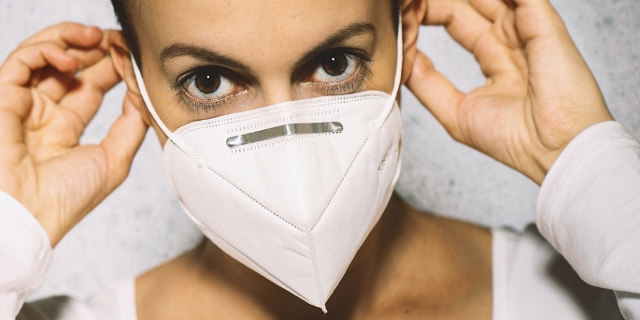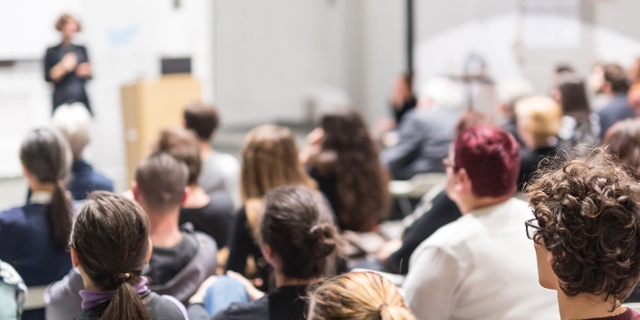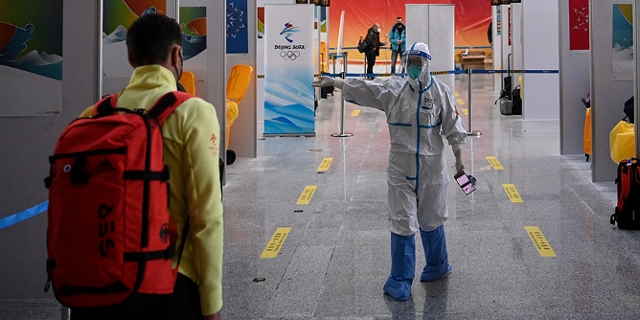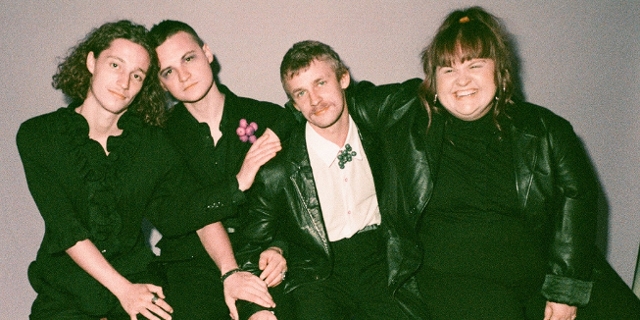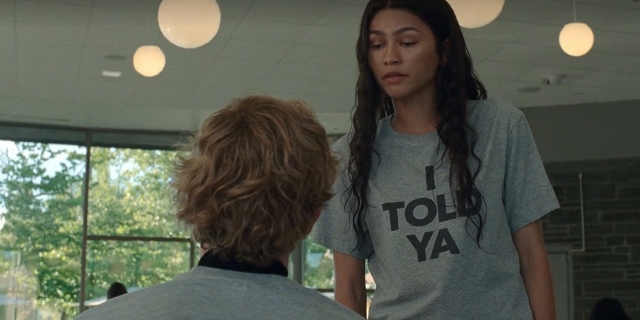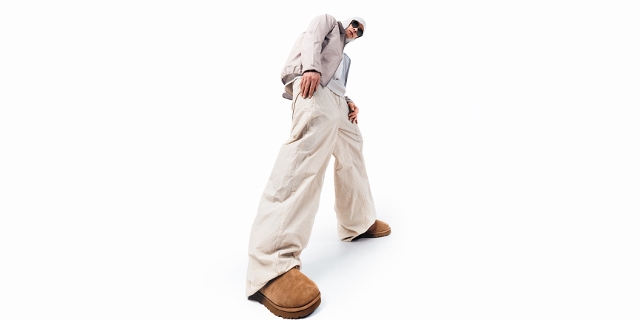„Applauding is not enough“
Three-quarters of hospital workers across the EU are female. Much of the unpaid care work in Europe is done by women. The majority of supermarket cashiers who help keep our food supplies going throughout this crisis are women. Austrian MEP Evelyn Regner (SPÖ) chairs the European Parliament’s Committee on Women’s Rights and Gender Equality. She points out that we are failing to reward the people who are keeping our systems afloat in these difficult times.
Evelyn Regner: In hospitals, in nursing, at the supermarket checkouts, it is women who make up the majority of the workforce. These women keep the system working so they deserve to be treated in a way that respects the burden that they are carrying. We are living in a world where it is mostly men who rule the world and women who carry it.
And here has been quite a death toll among health workers. We’ve clapped them, we’ve clapped hospital cleaners and also supermarket cashiers – all jobs where the majority of workers are female. As well as applauding them, shouldn’t we be paying them better?
Evelyn Regner: Yes, definitely. And this is just one of the important demands from me as chair of the European Parliament’s Gender Equality Committee: precisely those jobs that keep the system maintained are really those where you have very little salary.
A lot has to be done and not just now. After this corona crisis it is so important to have pay rises for exactly those jobs. We have so many people who are applauding and that is very nice, but with a thank you, you can’t pay the rent. And with just a thank you, you can’t afford someone to look after your kids who are at home.
In other careers, with Kindergartens closed, it has often been the female rather than the male partners in a working couple who has interrupted her career to stay at home to look after the kids during lockdown. If that is a choice, it is obviously a laudable choice. But does it always feel like a choice that it is the woman and not the man who stays at home?
Evelyn Regner: At the moment you really have to say it is an extraordinary situation. If I look at single parents it is usually the women who are single parents. Some are working and at the same time they are expected to teach the children at home and right now we are talking about opening shops and opening the golf courses again – just to give an exaggerated example – and at the same time schools are not open yet. It is mostly women who are staying at home dealing with the kids and sometimes it is not realistic to be able to cope with all that.
We are living in a world where for hundreds of years, thousands of years, it has been women who have had a more difficult life. The corona crisis right now has sharpened all those inequalities. Those who live in a small flat suffer more right now. Those single mothers, struggling with the kinds, are feeling this crisis more. We see that violence against women is going up when you are stuck at home in a society that is getting nervous and all those difficulties of women are simply sharpened.
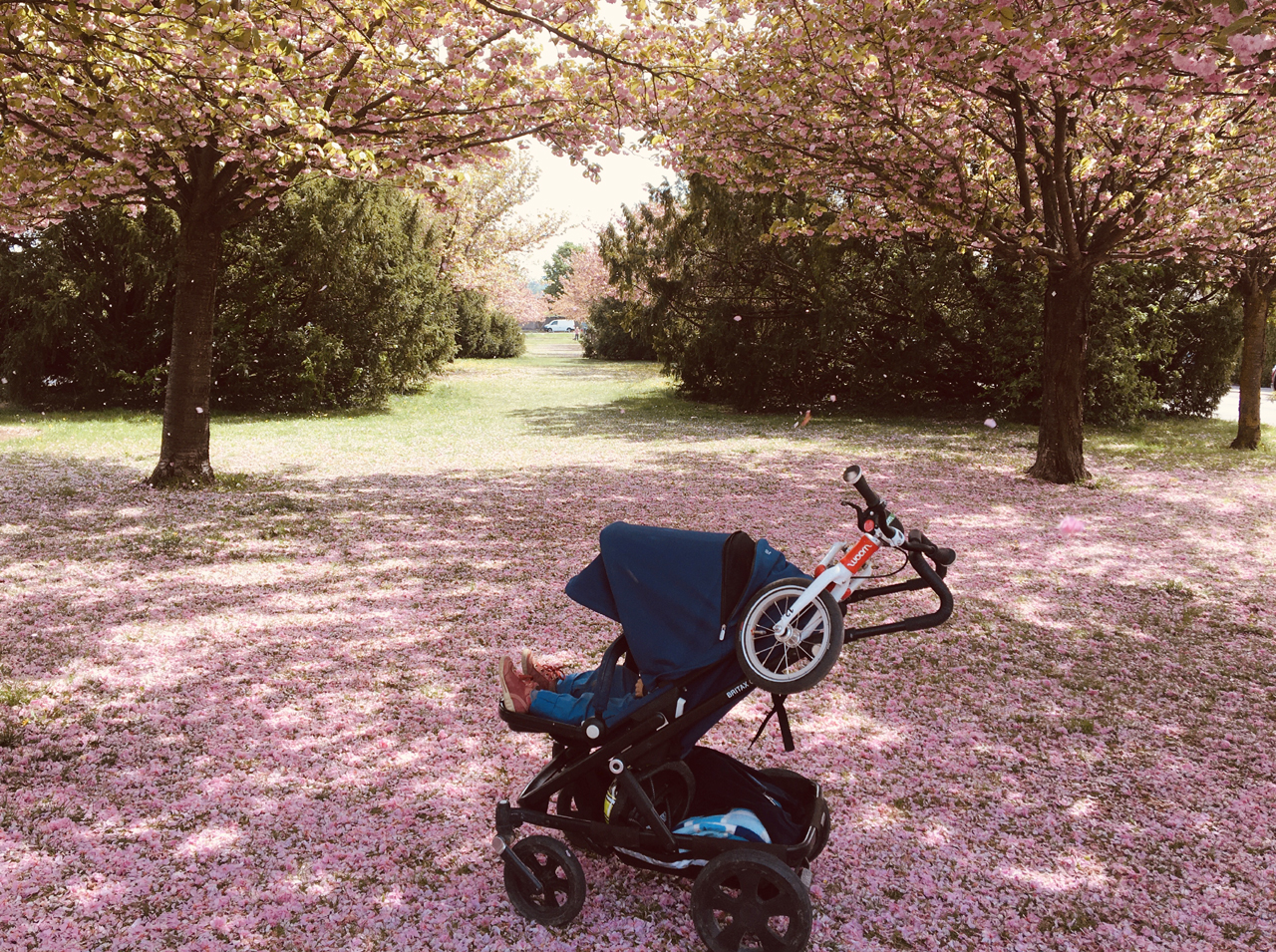
Chris Cummins
Let me talk about that domestic violence that you mentioned. It is clearly one of the most ugly side-effects of this crisis. What can be done to help these women now?
Evelyn Regner: There are a lot of things that can be done. National governments should release funding to help NGOs and all those helplines offering shelter and offering direct help for women. It is really needed now or the costs afterwards will be enormous. So here the Austrian government, for example, is also asked to directly invest money in those fantastic help-lines we have here.
There are some great examples here in European countries: Germany and France have opened hotels to give shelter. This is a quite unbureaucratic way of helping women who are in danger. Often abusive partners withhold the phone from abused women. In Spain when a woman who feels under threat goes to the pharmacy and says the password „COVID-MASK-19“ the pharmacist presses a button that directly connects to the police. The key is to include medics, include pharmacy workers and include the police and then you can really do something. But funding the helplines is the most important thing.
As a man listening to these stories of domestic violence during lockdown it feels shameful. It is surely not an issue we can solve in a few weeks of lockdown but what needs to be done on a cultural level? That we don’t just accept it as normal that if people are confined in a flat together men will abuse women?
Evelyn Regner: We certainly need active campaigns that show it is not a small, insignificant misdemeanour to be aggressive towards your partner. And at the moment we are just on this cliff-edge where we are afraid the 1950s are coming back, when cooking, cleaning, and child-care were considered female.
But I want to try and look optimistically into the future and maybe this period is an opportunity. At the moment there are also a lot of men at home, and home-schooling opens their eyes. They see how much work Kindergarten workers and teachers are doing. We have seen the same when more men have taken longer parental leave: this often starts to change their habits and they take a more active role in household chores.
Publiziert am 25.04.2020









